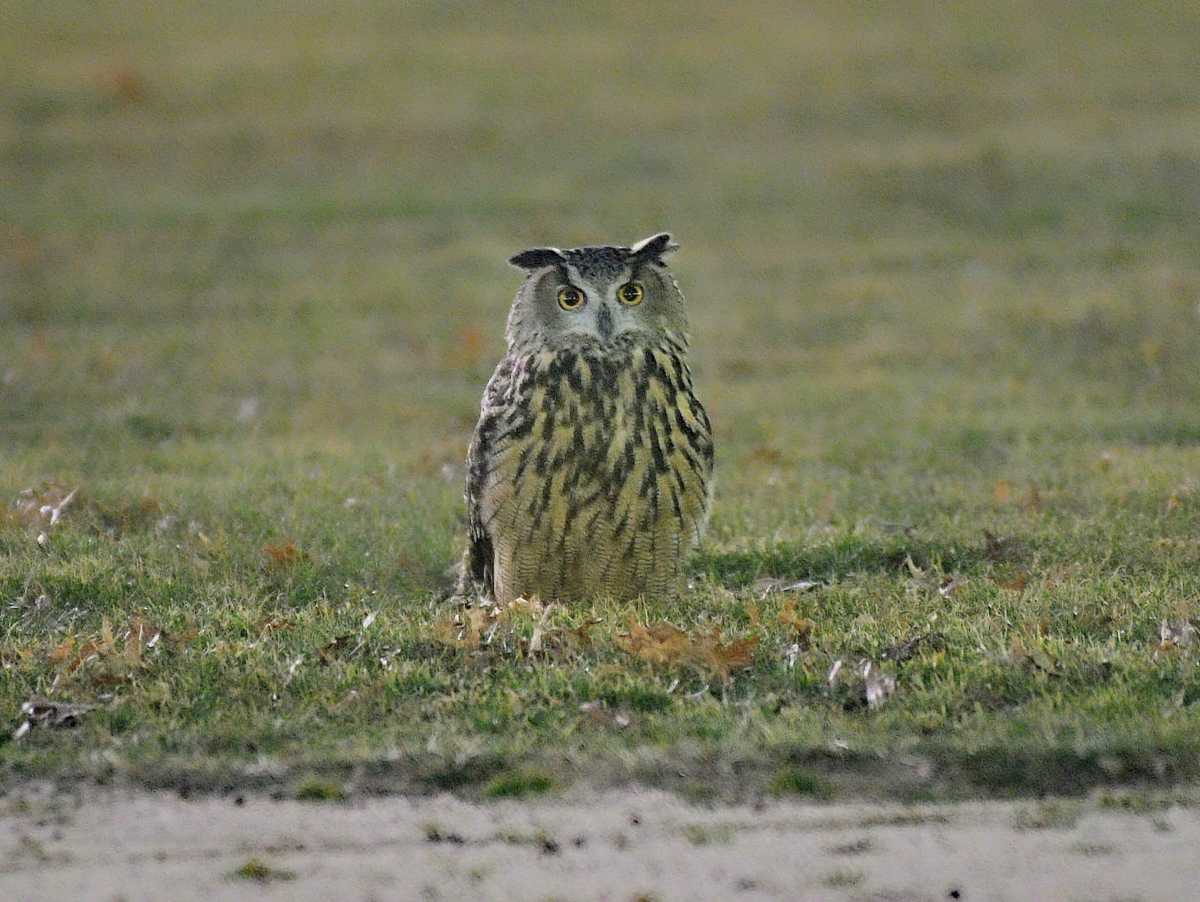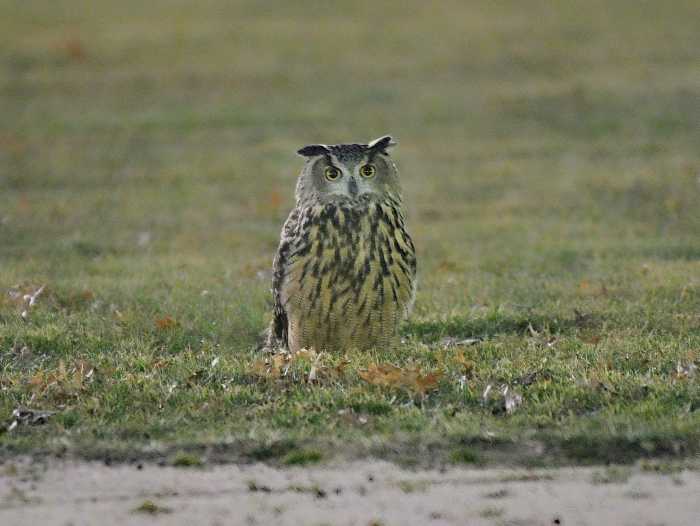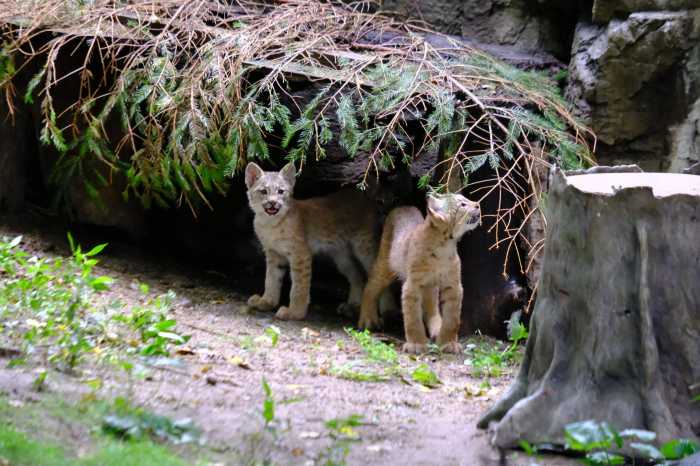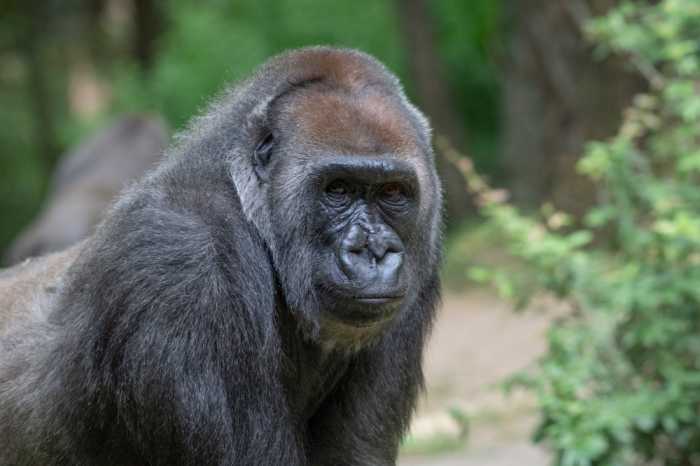Flaco the Eurasian Eagle-Owl can remain in the “wild” for the foreseeable future, the Central Park Zoo announced on Friday, noting the bird’s quick adaptation to life outside his cage.
In a statement on Friday, the zoo announced it was suspending recovery efforts to bring him home to the zoo — nearly three weeks after he escaped from his habitat following a still-unsolved incident of vandalism — after observing him successfully, and unexpectedly, hunting for food.
“As we noted previously, efforts at recovering the bird have proven more difficult since he has been very successful at hunting and consuming the abundant prey in the park,” the zoo wrote in the statement. “We are going to continue monitoring Flaco and his activities and to be prepared to resume recovery efforts if he shows any sign of difficulty or distress. We will issue additional updates if there is a change in the eagle owl’s status or our plan changes.”
The statement came one day after zoo staff attempted to lure Flaco home with bait and recorded eagle-owl calls; Central Park’s latest avian superstar was unfazed, having become too accustomed to the freedom experienced in the “wild” of Central Park.
Like mothers with their nest eggs, the coterie of bird-watchers who have closely documented Flaco’s movements since his escape expressed pride that the owl had been deemed ready for the big leagues.
“Great news,” wrote David Barrett, an Upper East Side investor who has kept close tabs on Flaco through the Manhattan Bird Alert Twitter account.
Flaco escaped from his habitat on Jan. 31, after someone cut the steel mesh enclosing him. The owl was seen gallivanting on the Upper East Side before returning to the greenery of the park, where he’s remained ever since. The majestic owl mainly keeps to himself high up in the trees during the day and, keeping to his nocturnal nature, hunts at night.
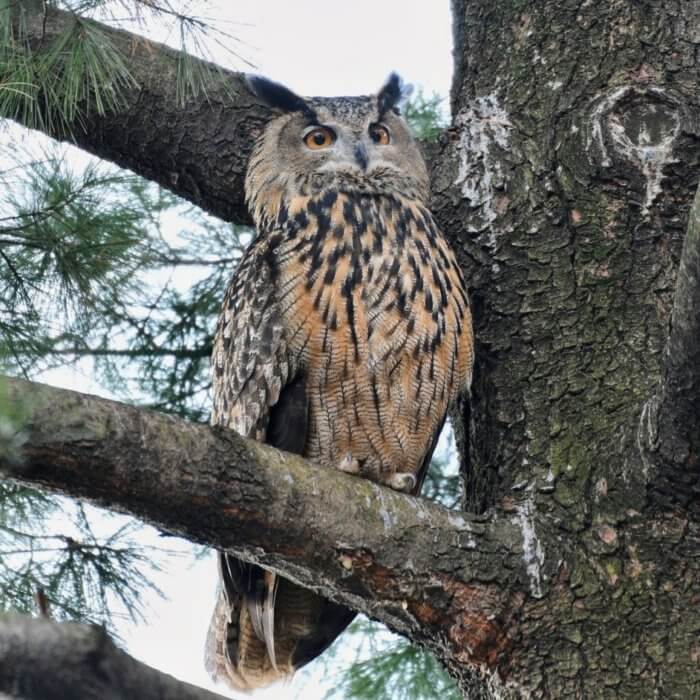
The big worry initially was that Flaco, who had spent his entire 13-year life in captivity, wouldn’t know how to hunt for himself, leading him to starve. But the raptor has exceeded the expectations of both zoo staff and birders, hunting tasty rats left-and-right and keeping himself nourished.
Thus, after numerous failed repatriation attempts, the zoo determined Flaco was capable of taking care of himself outside his cage and emergency rescue operations were no longer needed.
Eurasian Eagle-Owls are not native to New York, but Flaco’s introduction to the park likely won’t cause ecological catastrophe. That’s because he’s the only free member of his species within Central Park’s 843 acres, but far from the only bird of prey. The park is home to numerous red-tailed hawks who feast on a similar diet, and even some other owls have settled in the park in recent years.
Other wild owls have met dreadful ends, however. Barry the Barred Owl wowed parkgoers until her tragic death in August 2021, after being struck by a parks maintenance vehicle. An autopsy revealed “potentially lethal” levels of rat poison in her system, presumably transferred from a rat she consumed, bringing worry that a similar fate could befall Flaco.
A spokesperson for the Parks Department said the agency does not use rodenticides listed as “high primary and secondary risks to birds,” but cannot stop rats from leaving the park, encountering poison, and returning, or birds from hunting outside park boundaries.
“Our parks are home to many birds of prey, and we follow best practices when using rodenticides,” said the spokesperson, Meghan Lalor. “We do not permit the use of anticoagulant rodenticides listed as high primary and secondary risks to birds such as brodifacoum and difethialone, and only use second-generation anticoagulant rodenticides that are listed as ‘low to moderately low’ non-target animal risk, such as bromadiolone. Additionally, concessions located in Central Park are not allowed to use rat poisoning.”
That policy was in effect at the time of Barry’s 2021 demise, Lalor noted.



